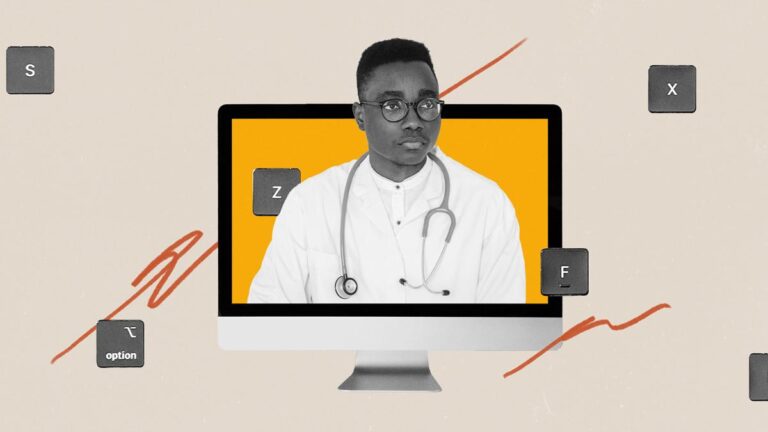The Importance of Telemedicine in Rural Africa
Telemedicine is revolutionizing healthcare access in remote areas of Africa. With limited medical facilities and healthcare professionals, many rural communities struggle to receive adequate care. This innovative approach bridges the gap between patients and healthcare providers through technology.
Improved Access to Healthcare Services
One of the primary benefits of telemedicine is improved access to healthcare services. Many rural areas lack sufficient medical infrastructure, making it difficult for individuals to obtain timely treatment. Telemedicine allows patients to consult with specialists without the need to travel long distances, significantly enhancing their healthcare experience.
Cost-Effective Solutions
Telemedicine is also a cost-effective solution for both patients and healthcare systems. Traditional methods of obtaining healthcare often involve travel and related expenses, which can be prohibitive in rural settings. By using telemedicine, costs can be reduced significantly, leading to better overall healthcare expenditure.
Increased Disease Monitoring
Another key benefit of telemedicine is the ability to monitor diseases more effectively. Rural regions often face challenges in tracking the prevalence and spread of diseases due to limited resources. Telemedicine facilitates regular check-ups and monitoring through mobile health applications, which enhances public health response capabilities.
Education and Training for Local Health Workers
Telemedicine can play a crucial role in the education and training of local health workers. Many rural areas possess healthcare workers who may lack advanced training. Telemedicine platforms can provide ongoing education opportunities, ensuring that local providers are equipped with current medical knowledge and practices.
Examples of Successful Telemedicine Initiatives
Numerous telemedicine initiatives have already shown success across rural Africa. Programs integrating telehealth into local clinics have improved patient outcomes and satisfaction rates. For more information on specific initiatives, you can explore various case studies, such as those found in this resource: Telemedicine in Rural Africa.
Conclusion
The benefits of telemedicine in rural Africa are vast and impactful. By improving access to healthcare, offering cost-effective solutions, and facilitating better disease monitoring, telemedicine represents a significant advancement in health equity. As technology continues to evolve, the future of healthcare in rural Africa will likely become even more connected and comprehensive.

